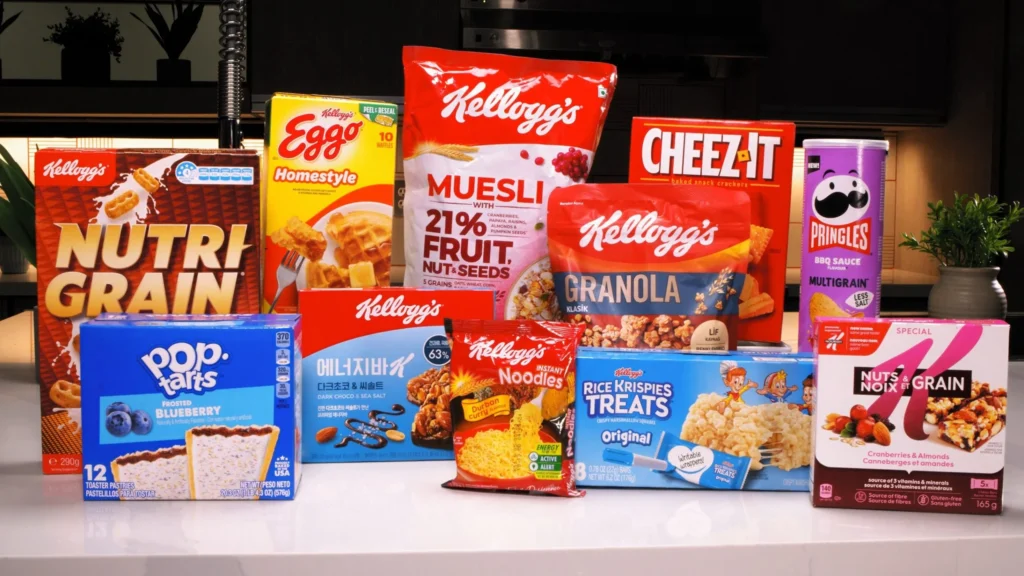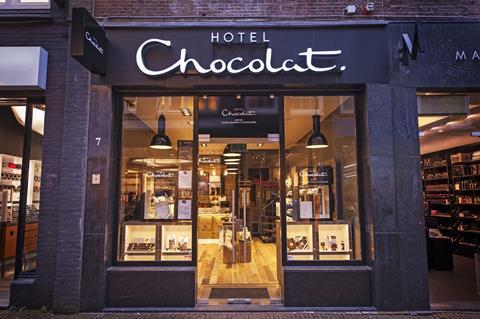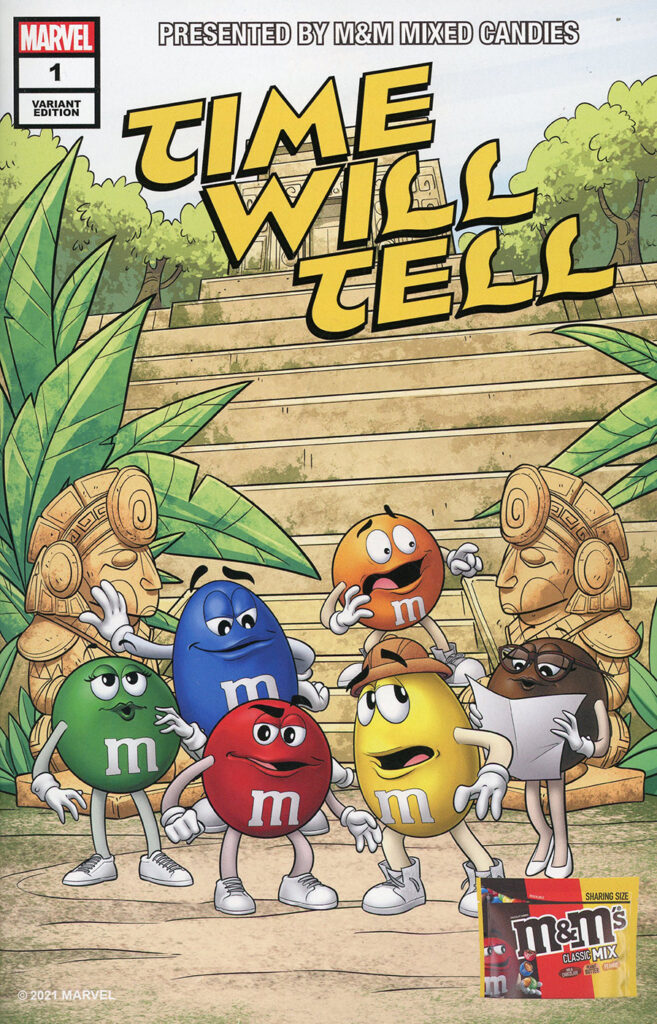16 Aug | Written By Hailey Ng

Picture this: you’re wandering through the snack aisle, caught between two temptations — the reliable indulgence of a Snickers bar and a shiny new health-conscious snack that promises to be both tasty and guilt-free. Now, imagine you’re Mars Inc., the global candy giant known for Snickers and M&M’s, trying to decide which direction to take in this evolving snacking universe. Do you stick with the classics that brought you billions, or do you pivot toward health-conscious, ethically sourced alternatives that consumers are increasingly demanding?
Well, Mars has decided it wants a piece of both. And it’s not just taking a small bite — it’s making multi-billion-dollar investments to shape the future of snacking and indulgence. So, what’s really happening behind the scenes? Let’s break down the reasoning behind Mars’ M&A sweet tooth and explore how these moves reflect bigger trends in the food industry.
Conscious Consumerism

Let’s face it, consumer preferences have become as unpredictable as the British weather. One minute we’re craving that rich, melt-in-your-mouth taste of chocolate, and the next, we’re reaching for “guilt-free” snacks made from things we can barely pronounce — like… quinoa… In recent years, though, the overarching trend has been clear: we want healthier options, we want them to be sustainable, and we want them without sacrificing indulgence.
In an era where consumers are scrutinising labels and demanding transparency about ingredients and sourcing, Mars is smartly getting ahead of the curve by acquiring both Kellanova and Hotel Chocolat. Mars’ recent $35.9 billion acquisition of Kellanova, home to brands like Pringle and Nutri-Grain, reflects this shift toward meeting evolving consumer expectations.
Why such a huge price tag? Simple: health-conscious snacks are where the money is. Kellanova’s products, especially RXBAR, cater directly to the growing demand for high-protein, low-sugar snacks. The numbers don’t lie. Kellanova reported more than $13 billion in net sales in 2023, with products like RXBAR tapping directly into the wellness trend. Consumers today want something that fuels their bodies, not just their sweet tooth. And with Kellanova’s health-focused portfolio, Mars is betting that these consumers will keep coming back for more.
From Mass to Class
Now, let’s talk about Mars’ jump into the premium market with Hotel Chocolat. If you’re thinking, “Why would Mars, a mass-market giant, dive into high-end chocolate?”, you’re not alone. On the surface, it seems like a move that doesn’t quite fit. But dig deeper, and you’ll see the genius behind it.
The premium chocolate market is growing, and fast. Consumers are trading up — they’re willing to pay more for what they perceive as better quality, ethically sourced, and even healthier indulgences. In other words, the days of mindlessly grabbing a candy bar at the checkout counter are fading. People want a treat that feels justified — whether it’s organic, sustainable, or just plain fancy. Hotel Chocolat offers all of the above, with its luxurious packaging and “tree-to-bar” ethos. This gives Mars an ethical edge — a necessary one given the growing scrutiny on supply chains in the chocolate industry. Consumers want to know that the treat they’re enjoying didn’t come with hidden environmental or social costs.

But here’s the kicker: this move doesn’t just help Mars corner the luxury market, it also gives the company an edge in how they can sell these products. Hotel Chocolat’s retail model — both physical stores and online subscription services — gives Mars a blueprint for future growth in a market that values experience as much as taste. Mars isn’t just buying into a brand, it’s buying into a business model that’s perfectly positioned to cater to the evolving habits of the modern consumer.
The Sweet and Savory Balance: Mars’ Dual Strategy in M&A
By acquiring both Kellanova and Hotel Chocolat, Mars is executing a clever two-pronged strategy: capture the hearts of health-conscious snackers on one end and premium chocolate lovers on the other. But this isn’t just about catering to different consumer segments; it’s about future-proofing the business against risk.
Mars’ mass-market candy empire — those trusty Snickers, Twix, and M&M’s — faces rising challenges. Sugar taxes, health warnings, and consumer backlash against ultra-processed foods are becoming the new norm. In fact, governments around the world are doubling down on regulatory pressures. The acquisition of Kellanova gives Mars a foothold in healthier, more permissible snacks that align with current nutritional trends, while Hotel Chocolat ensures they’re not left out of the booming luxury market.
Mars is essentially hedging its bets. If health and wellness continue to be the dominant force driving consumer choices, the company is well-positioned with Kellanova’s portfolio. If luxury and sustainability dominate, Hotel Chocolat has their back. Either way, Mars is prepared.
The Future of Snacking: Will Mars Spark a New Wave of M&A?
So, what does all this mean for the food and beverage industry at large? In its acquisition of both Kellanova and Hotel Chocolat, Mars is positioning itself not just as a leader in snacks and confectionery, but as a company that understands where the industry is headed. With two smart acquisitions in premium and health-conscious spaces, Mars is sending a message: if you want to stay relevant, you need to evolve — or in this case, acquire.
As one of the top five packaged food and beverage conglomerates, Mars’ bold moves could spark a wave of consolidation in the food and beverage industry. The $35.9 billion deal, one of the largest in the sector since the $40 billion Kraft Heinz merger in 2015, signals that Mars is serious about its future in snacking. And this might pressure competitors like Mondelez or Hershey to pursue similar mega-deals.
Expect others to follow. After all, as Mars’ acquisition spree shows, companies that stay still risk being left behind. Mondelez, which has already started to acquire healthier brands like Clif Bar, could be forced to ramp up its acquisitions to keep pace. This wave of consolidation could reshape the snacking landscape for years to come.

Leave a Reply